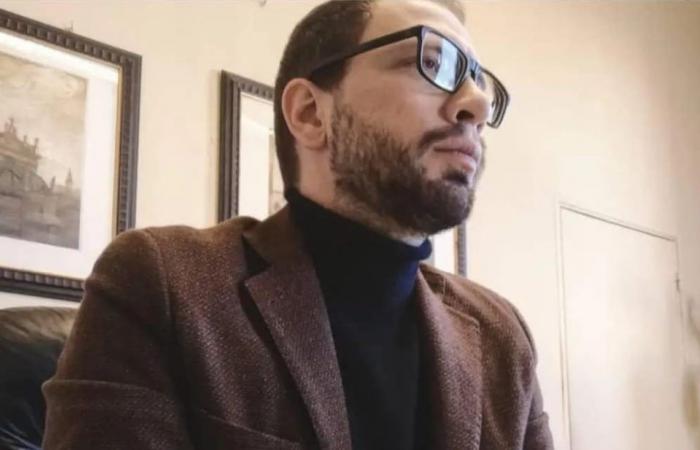Marcello Frigeri was mayor Pizzarotti’s spokesperson for ten years.
A political communication expert, he successfully followed Davide Malvisi’s electoral campaign in Fidenza at the last municipal elections.
We asked him some questions, including about Pizzarotti and the Guerra administration.
Let’s start with the municipal elections of Fidenza, the most populous municipality in the province whose mayor Davide Malvisi’s electoral campaign you directly followed. What was the strategy?
First of all, it is important to underline that, compared to various campaigns followed, it was the most correct from the point of view of public debate. A few very small skirmishes in the order of what is permitted, but Davide, Pollastri and Cabassa were an example of correctness and genuineness, it must be recognized. And this was the strategy: according to the data, Davide was a widely known figure in the city, with a high institutional profile and excellent trust. He is a reassuring figure. We had to maintain that profile by setting the campaign on the future and on concrete and executable projects.
The 62% obtained is a historically high figure for Fidenza, and it is a result that all things considered we expected.
I wasn’t alone, I worked together with Together srl and another qualified team of professionals.
What do you think are Malvisi’s strong points?
He knows politics and its times well, he has a very respectable experiential background; he has shown that he knows Fidenza better than his opponents and, as mentioned, he began the campaign already enjoying good trust, a sign that as councilor and deputy mayor he has worked well over the years.
Newspapers, websites, social media, flyers, posters… everything is needed, but what more is needed to win a municipal election?
Communication is important, it helps to set up a good electoral campaign: it creates order where, without communication, the risk is of causing disorder and confusion. A political proposal explained clearly and simply, with a message and an objective, is the basis for increasing consensus. The candidate, then, is not just the one who communicates a message, he can and must be a message himself.
For example, we worked so that Davide communicated security and institutionality, which was a way to differentiate himself from his opponents. Communication is important but it’s not everything, to win elections you also need to cover the territory far and wide, make yourself known, consolidate loyalists by bringing them to the vote and convince the undecided.
Coming to Pizzarotti, whose spokesperson you were for ten years, how do you judge his electoral result in the European elections? What advice would you have given him?
Looking at the Parma players on the field, he is the one who did best in terms of preferences, with more than 11 thousand votes received. The final result must be observed in the general context, otherwise we lose sight of the meaning of what happened. The We are Europeans list did not pass the quorum, the division in the liberal wing paid off, and probably the mistake of Calenda, Renzi and Bonino is all there.
I know Federico, I know very well that his way of understanding politics is often aimed at difficult challenges, for him the idea of the result has more value. Personally I don’t know the reasons that pushed him to leave Più Europa, but if he did so I believe they were valid reasons. I think it is not correct to give advice, especially in hindsight: it’s too easy like that, an electoral campaign must be experienced and discussed in the moment. His election was a difficult challenge towards which I saw him active and present.
What are your thoughts on the Guerra administration’s communication?
Seneca comes to mind in one of his letters written to Lucilius, when he reflects on the value of time: the passage of time is relative, he writes, because it depends on how we fill it. Five years of mandate may be amply sufficient time to clearly and clearly express one’s positioning and political values, fundamental elements for emerging from the background “noise”. At the same time, they can run away very quickly and get out of hand without us even realizing it.
Rather than the very impersonal “War administration”, I would talk about Mayor Guerra. I have known Michele as a good councilor and I believe that he also knows how to be a good mayor, he still has three years ahead of him to emerge from that background noise.
And what are your thoughts on the Democratic Party?
It is the first party in the city and the first force in the City Council. By virtue of this, I believe that its political weight will be felt between now and the next few months.
Andrea Marsiletti







